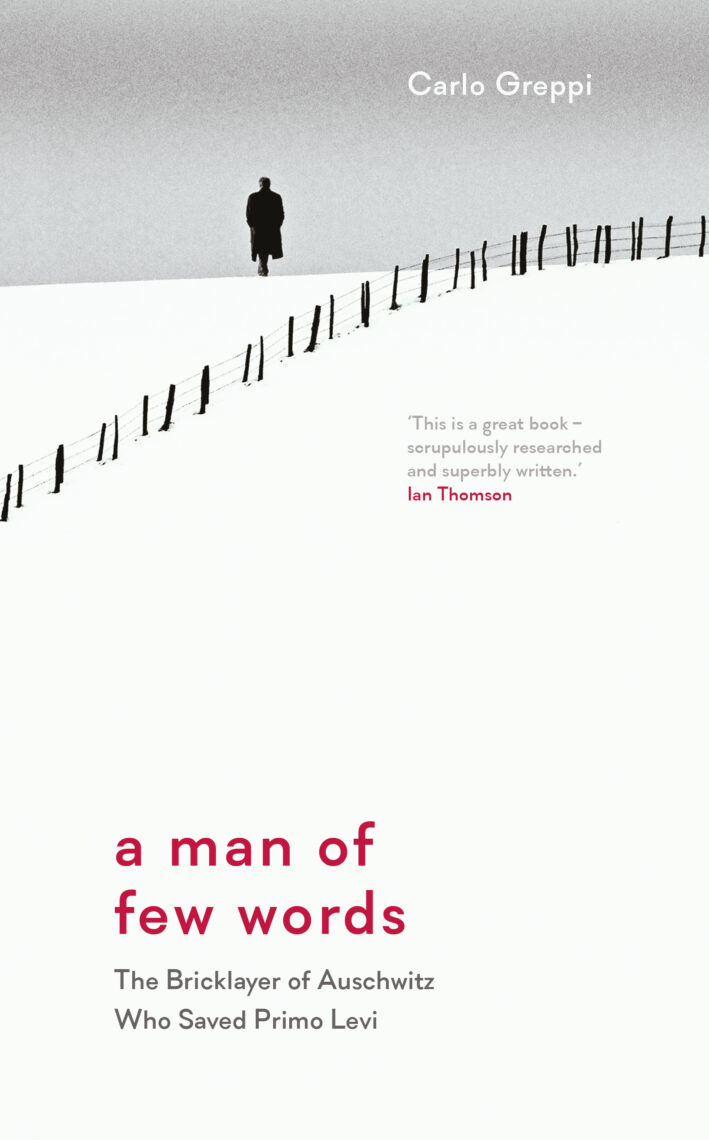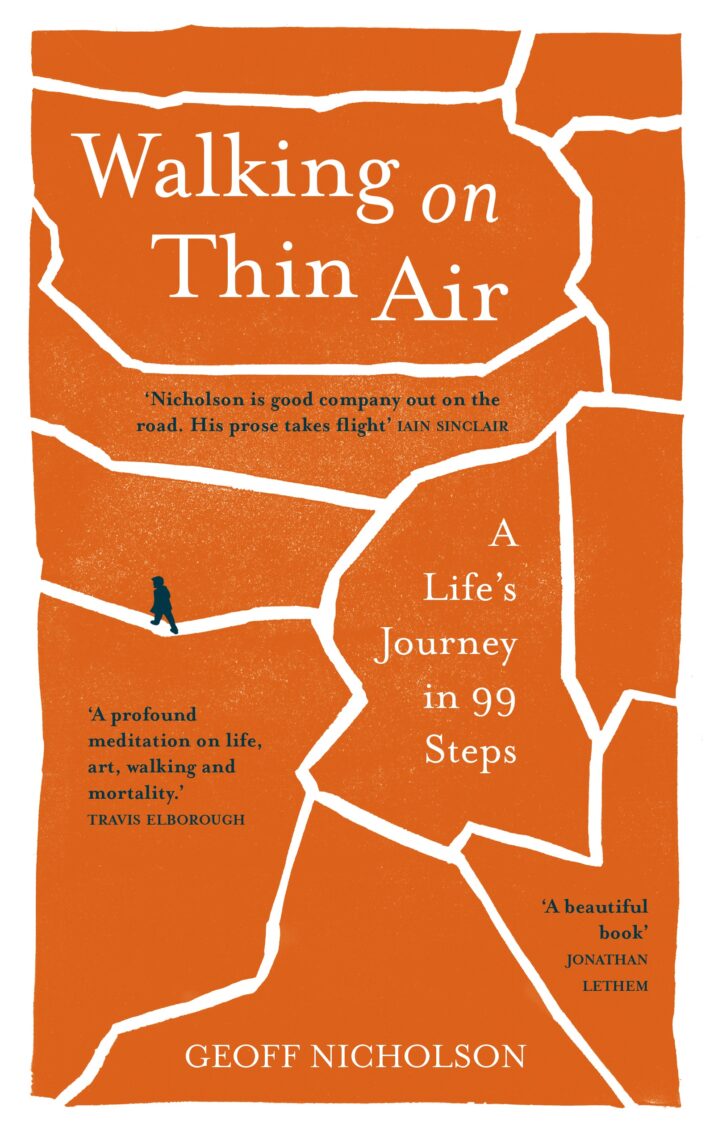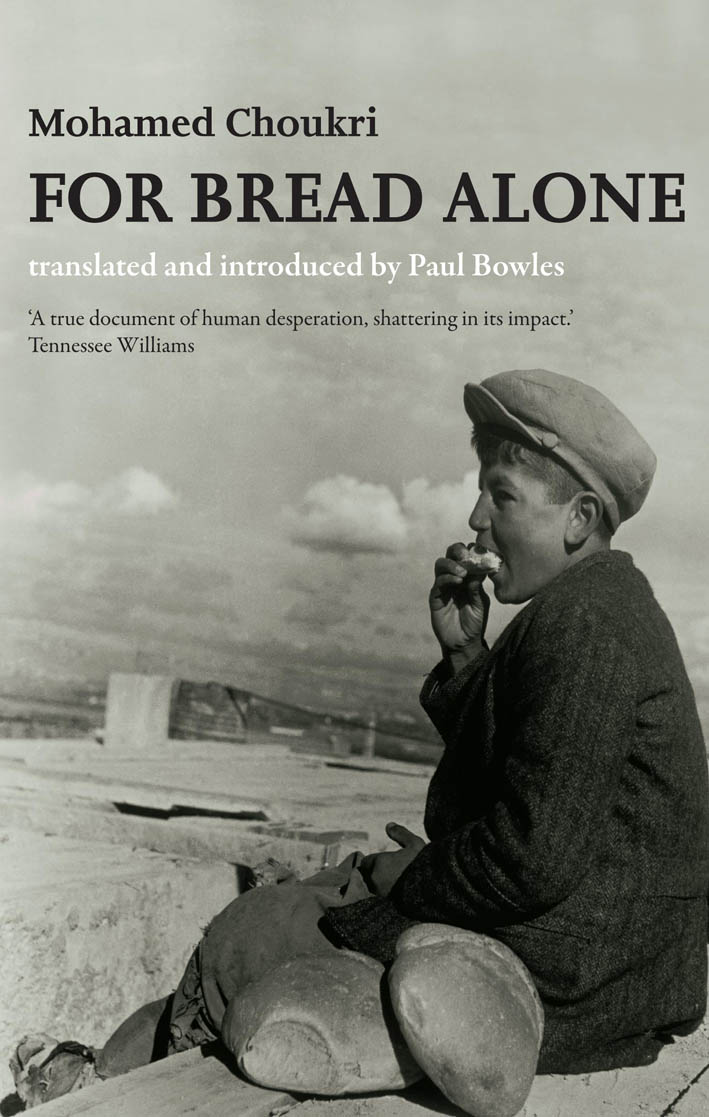
A Man of Few Words
The Bricklayer of Auschwitz Who Saved Primo Levi
Carlo Greppi
Translated by Howard Curtis
About the Book
‘Nobody knows how much I owe that man,’ Primo Levi said of the bricklayer who saved his life at Auschwitz. ‘I could never repay him.’ Levi was referring to Lorenzo Perrone, who for six months risked his own life to smuggle food, letters and clothing to Levi, providing him with the sustenance he needed to survive.
In A Man of Few Words, Carlo Greppi pieces together the life of Perrone, a near destitute labourer with little formal education. Despite their stark differences, Levi and Perrone’s friendship survived the Holocaust and continued until Perrone’s tragic death. As Perrone withdrew from the world, Levi tried persistently to preserve the memory of this man of few words who had saved his life, but who left few traces of his own behind.
This is a universal story about an individual who kept hope alive in one of the darkest times and places known to man.
About the Author
Carlo Greppi is an award-winning historian and author. He is the author of fourteen books, including Un uomo di poche parole (A Man of Few Words), which has been translated into six languages and sold more than 20,000 copies in Italy.
About the Translator
Howard Curtis is a British translator of French, Italian and Spanish fiction. He has translated the works of Gianrico Carofiglio, Luis Sepúlveda, Beppe Fenoglio and Georges Simenon, among others, and has won the John Florio Prize and the Premio Campiello Europa for his translations.
Reviews
‘Greppi’s biography of this elusive figure is intriguing … Greppi suggests that Perrone’s untutored altruism answers the deepest question of Levi’s oeuvre: what it means to be human. Because Perrone’s solidarity had neither motive nor reason. It was simply instinctive. And there’s something beautifully poetic in the fact that such instinct was revealed through a man who was so simple and so troubled.’ The Observer
‘Greppi’s biography, from start to finish a marvel of sympathetic insight, is a valuable addition to Levi’s writings on the human infamy that was Auschwitz.’ Times Literary Supplement
‘This is a great book: scrupulously researched and superbly written.’ Ian Thomson
‘A thoroughly moving read. Out of utter degradation, this inspiring story emerges to remind us that the spark of human decency can never be crushed.’ Julia Boyd
‘A story for all stories: Greppi has rescued it from oblivion .. Inch by inch, Lorenzo Perrone has taken a little bit of evil out of the world.’ Rolling Stone
‘Sheds light on an unsung hero … a fluent retelling.’ The Jewish Chronicle
‘Levi’s greatest piece of luck in Auschwitz was meeting Lorenzo, who kept him alive when he was hanging on to life by a thread.’ Literary Review
’Perrone, though an unreligious man, was something of a saint. This book is the commemoration he deserves.’ Times Literary Supplement




